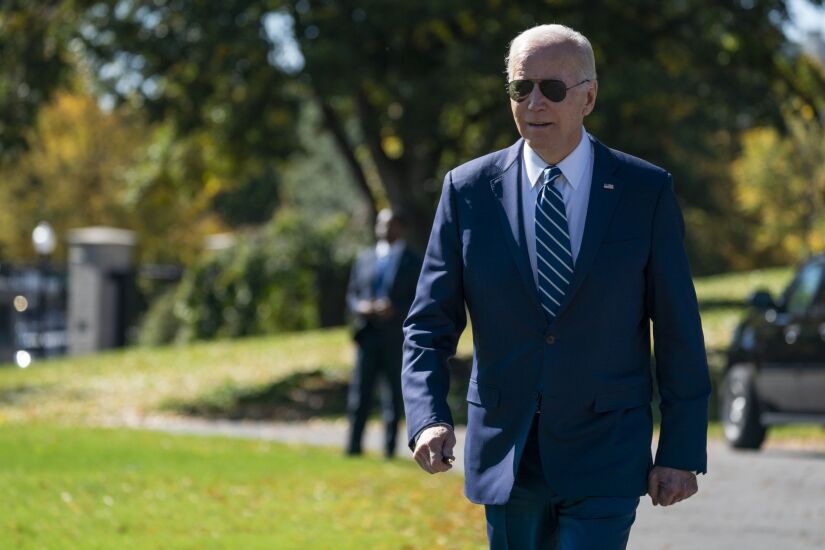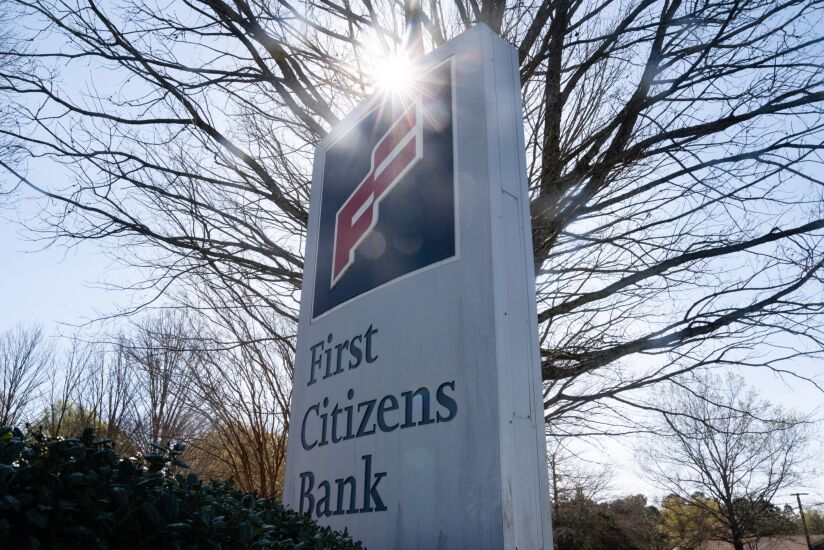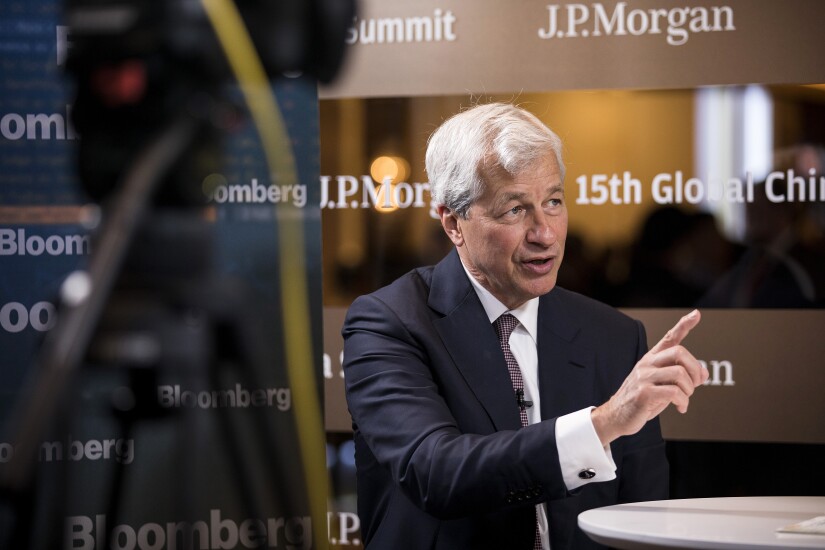The
Three regional bank failures that cost the Federal Deposit Insurance Corp.'s piggy bank an estimated $35 billion. Rising concerns about the outlook for midsize banks. A nascent policy debate over the future of deposit insurance. Burgeoning fears that commercial real estate loans may be the next source of trouble. And much more.
It's all unfolded so fast that it's been hard to keep up. So 10 weeks into the crisis, here's a week-by-week recap of the key events, featuring links to American Banker's extensive coverage.















